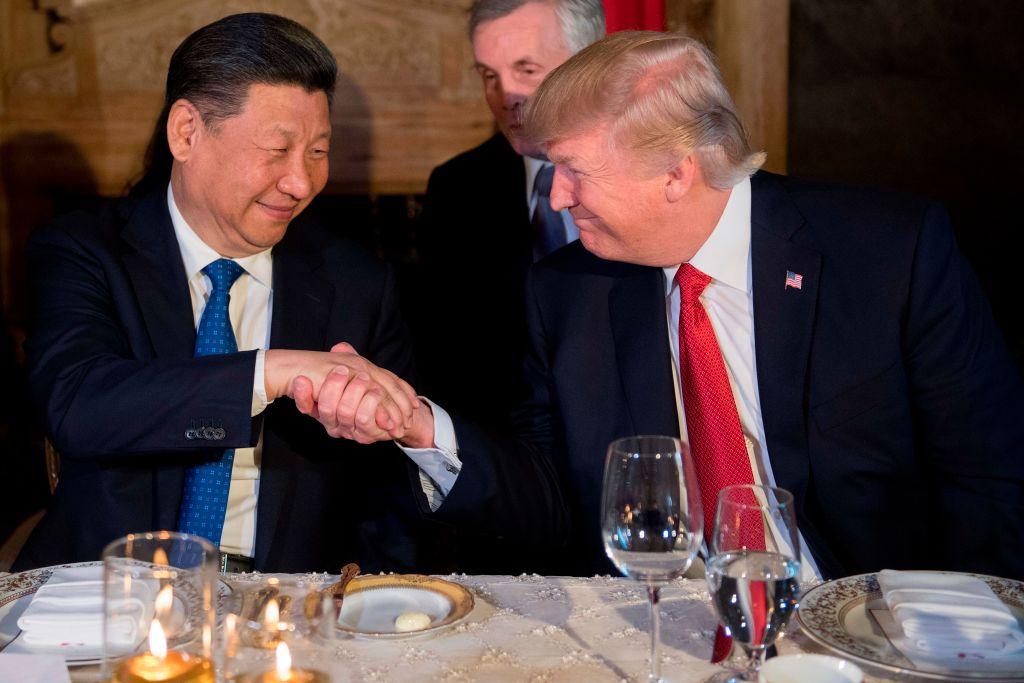U.S. President Donald Trump will make his first visit to China on Nov. 8, arriving soon after the conclusion of the 19th National Congress at which Chinese Communist Party leader Xi Jinping consolidated his power. In their three days of meetings, trade and North Korea will surely be at the center of Trump and Xi’s talks.
There are signs already from the Chinese media that Trump will be unlikely to find a solution for a long-standing problem—the trade deficit with China. There appears to be hope that the President will get some form of assistance from his Chinese counterpart with regards to the North Korean regime.



